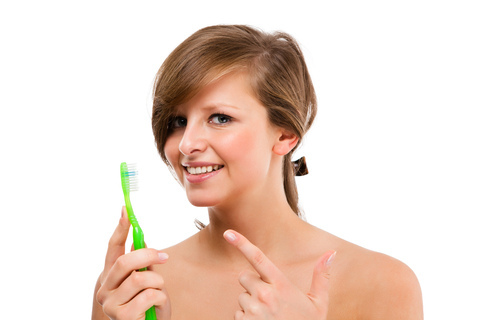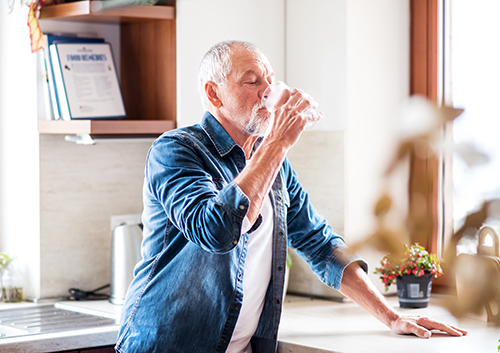Why Baby Teeth Matter
June 13th, 2024

Sleepless nights, crankiness, drooling—how can such tiny teeth cause such a big fuss? But all those uncomfortable days and nights are forgotten when your baby’s first teeth make their appearance. Why? Well, certainly because your child is happier, but also because you know baby teeth, or primary teeth, are important for your child’s growth in so many different ways.
- Chewing and Eating
Your baby might enjoy solid foods at an early age, but real chewing doesn’t happen until all the baby molars appear between the ages of one to three years. This is the time to feed children size-appropriate and texture-appropriate foods so they acquire proper chewing and eating habits for healthy digestion. Chewing also helps develop your child’s jaw and facial muscles.
- Developing Speech
Pronouncing many of the common sounds used in speech often requires tongue and teeth working together. If teeth are missing or there is a bite problem such as an open bite, it might be more difficult to pronounce words properly. This could be only a temporary delay, or it could require speech therapy when your child is older.
- Setting the Stage for Permanent Teeth
Baby teeth not only help with speech and jaw development, but they serve as space holders for permanent teeth. If a primary tooth is lost too early, a permanent tooth might “drift” into the empty space. The adult tooth will not have the room to fit where it should, and crowding or misalignment can occur. This might cause orthodontic problems in the future.
- Learning Healthy Dental Habits
You are your baby’s first dental health care provider! Wiping the gums and erupting teeth with a soft damp cloth after meals, gently brushing baby teeth when your toddler is young, teaching how to brush as your child gets older, helping to establish daily routines for brushing—all these practices will prepare your child for lifelong healthy dental habits.
- Making the Dentist a Regular Part of Your Child’s Life
Your child should visit our Crescent Springs office soon after that first tooth comes in, and definitely by the age of 12 months. Dr. Pohl can help with suggestions for your brushing and flossing routine, make sure your child’s teeth are healthy and clean, and ensure that teething progress is on track. In later visits, we will examine your child’s primary teeth and gums, and treat any problems, such as cavities, before they can become serious.
It turns out that baby teeth really are a big deal. Talk to us about suggestions for caring for your toddler’s teeth and about any questions you may have about teething progress, jaw and facial structure, speech development, or any other concerns at any time. We want to have a happy relationship with your child from the very start for a lifetime of healthy and confident smiles.






 Website Powered by Sesame 24-7™
Website Powered by Sesame 24-7™